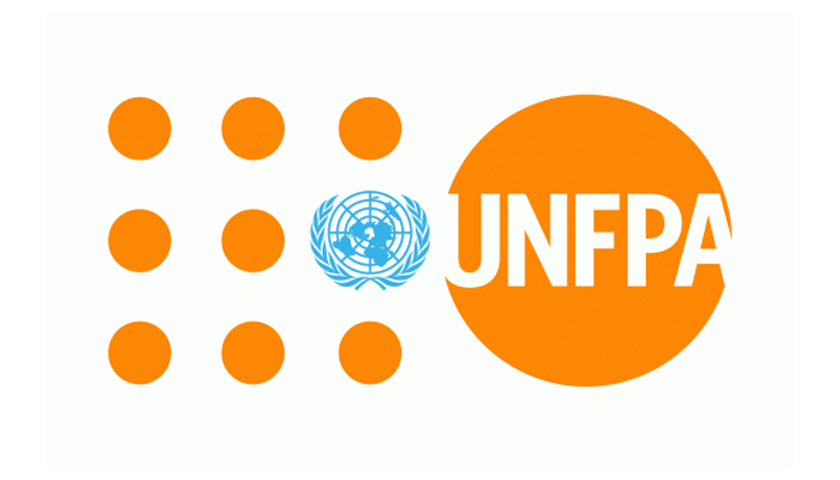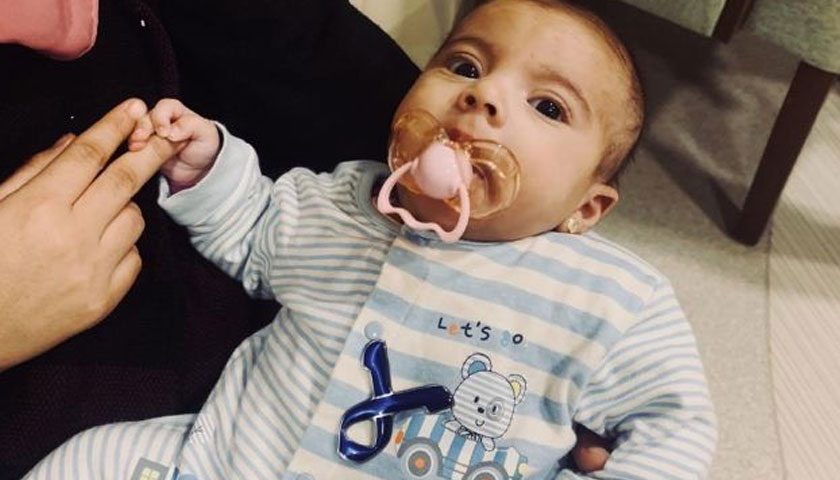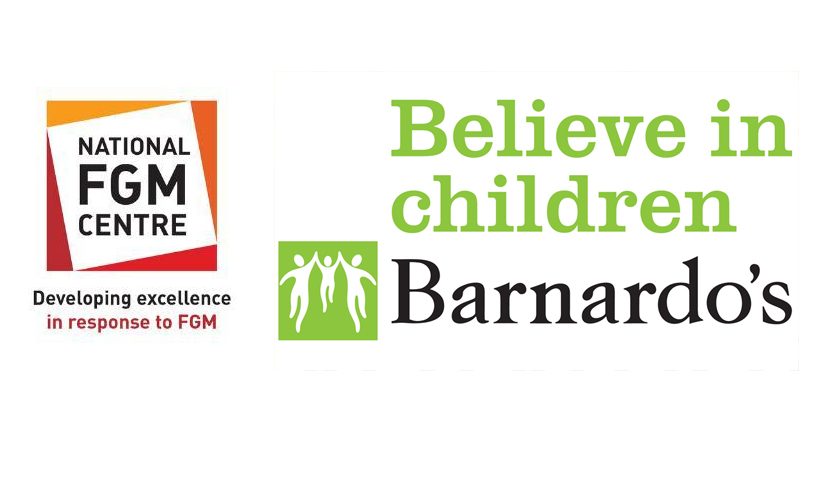“This year, 4.3 million girls are at risk of female genital mutilation, according to the latest UNFPA estimates. This number is projected to reach 4.6 million by 2030, as conflict, climate change, rising poverty and inequality continue to hinder efforts to transform gender and social norms that underpin this harmful practice and disrupt programmes that help protect girls. “Female genital mutilation (FGM) violates the rights of women and girls and limits their opportunities for the future in health, education and income. Rooted in gender inequality and power imbalances, it is…
Read MoreTag: FGM
Say No to FGM: Campaign Calling for Zero Tolerance to Female Genital Mutilation Launched Across Egypt
To coincide with the International Day of Zero Tolerance for Female Genital Mutilation on 6 February, leading anti-FGM organization 28 Too Many, in partnership with the Rofayda Hospital Group and Tadwein in Egypt, announced the launch of its Zero Tolerance Ribbon against FGM. The ribbon will be given to the parents of all newborn baby girls’ at Rofayda hospitals across Egypt along with their birth certificates and a pledge urging parents to sign that they will not practice FGM on their daughters. More than 200 million girls and women have…
Read MoreEquality Now and WeSpeakOut Roundtable Discuss Eliminating FGM/Khafz in India by 2030
Despite Female Genital Mutilation (FGM) being prevalent in India amongst the Dawoodi Bohra community and some Sunni Muslim sects, India does not have a separate law against it. During an ongoing Public Interest Litigation seeking a ban on FGM, the Supreme Court of India remarked that the practice is a clear violation of a woman’s bodily integrity as laid down in the Indian constitution. FGM among the Bohra community – where it is referred to as Khafz – was shrouded in secrecy until 2015, when the first-known anti-FGM/Khafz…
Read MoreInnovative tool launched to help social workers detect FGM risk
The National FGM Centre has launched an innovative tool to help social workers assess if a girl is at risk of female genital mutilation (FGM). The online resource takes staff through the questions they should be asking families if they think FGM is a concern. And, based on the answers given to the 31 questions, the programme generates a risk level for each case and provides recommendations for the social worker about what action needs to be taken. Available for free on the centre’s website, the resource also includes best…
Read More


